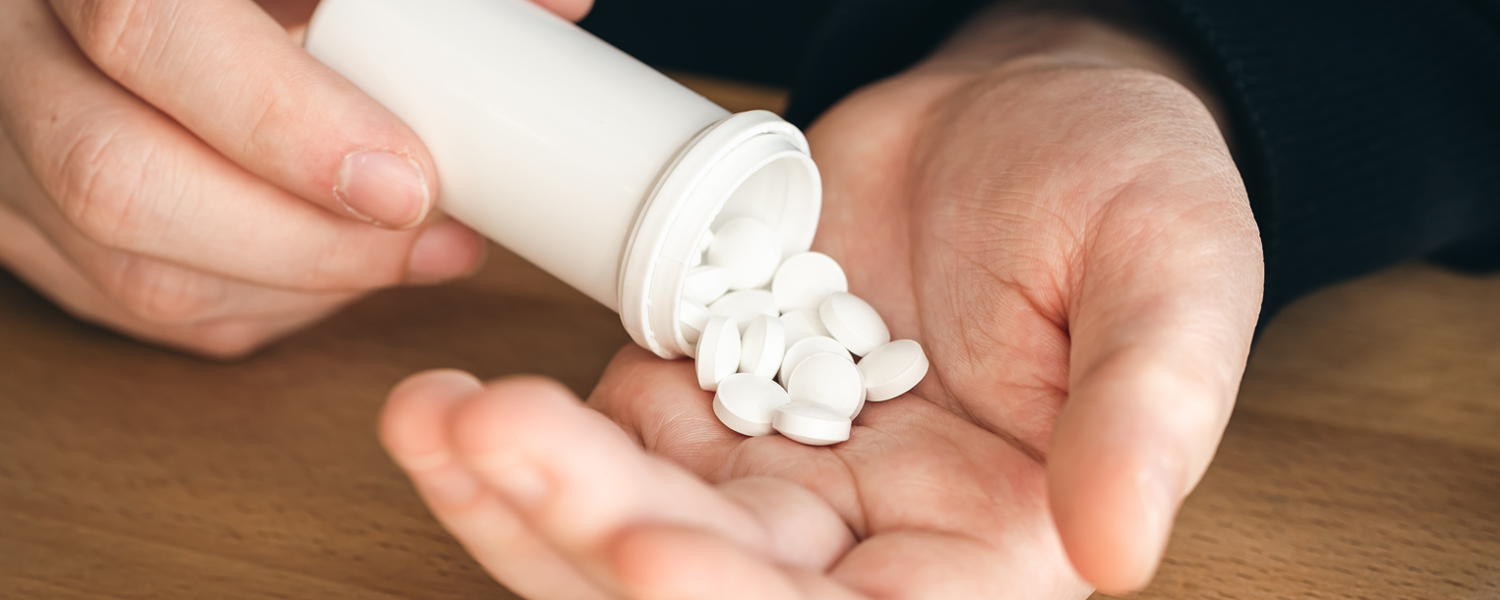Weekly Mass Torts Bulletin 2024-March-18
Judge Approves $45M Settlement in Juul E-Cigarette Case

A California federal judge has granted preliminary approval for a $45 million settlement between Altria Group and a group of consumers who allege they overpaid for Juul e-cigarettes due to lack of safety awareness.
The settlement is set to benefit consumers who purchased Juul e-cigarettes from either brick-and-mortar stores or online retailers in the U.S. before December 6, 2022. Altria, a former Juul investor, reached this agreement to resolve claims that consumers were misled about the addictiveness and safety of Juul products, as well as their unlawful marketing to minors.
This settlement is part of a broader agreement totaling $235 million, aiming to resolve Juul-related litigation at both federal and state levels. Class members in the settlement will be compensated based on their estimated total spending on Juul products. Those who have already submitted claims for a separate $255 million settlement agreed to by Juul Labs need not submit another claim; instead, their compensation will be augmented by the additional funds from the Altria settlement.
The $255 million settlement with Juul Labs, announced in December 2022, concluded allegations that the company deceptively advertised its products by concealing their addictive nature, targeting consumers, including minors. This agreement marks a significant step in addressing concerns about the marketing and safety practices of e-cigarette companies, particularly in relation to youth consumption and public health.
Earlier the Florida Attorney General filed a lawsuit against Juul Labs, alleging improper marketing practices targeting children and deceptive information about nicotine content. The lawsuit, filed in Hillsborough County Circuit Court, seeks civil penalties and an injunction to prevent Juul from marketing to minors and misleading consumers. Allegations include extensive marketing aimed at underage users, product designs appealing to youth, and ineffective age-verification methods.
Juul has responded, citing its efforts to combat underage use, including discontinuing certain products, ending mass-market advertising, and restructuring the company. Juul claims a significant decrease in underage usage as a result of these measures.
Alabama Obtains $220M More in Opioid Settlement

Alabama has secured an additional $220 million in opioid settlement funds from two major distributors, Cardinal Health and Cencora, as announced by the Alabama Attorney General's office.
These companies had proposed joint settlements with state attorney generals, offering lump sum compensations for their roles in the opioid epidemic.
However, Alabama chose not to participate in the joint settlement and pursued a state-specific agreement. The Alabama Attorney General emphasized the decision, stating, "Today reaffirmed our decision to decline participation in the national opioid settlement with Cardinal and Cencora, as that proposal failed to adequately acknowledge the unique harms faced by Alabamians."
The settlement mandates both companies to pay a combined $220 million to Alabama over ten years. These funds are earmarked exclusively for combating the opioid epidemic, directed towards treatment and prevention initiatives. The money will be deposited into the state's General Fund until allocated by lawmakers.
Prior to this settlement, Alabama had already accumulated over $500 million from opioid-related settlements with various drug companies. With this new addition, the total funds available to the state for addressing the opioid epidemic now exceed $720 million.
Last summer, a committee comprising lawmakers and state agency leadership was established to recommend optimal utilization of the state's opioid settlement funds. The Opioid Settlement Oversight Committee has engaged with pitches from nonprofits, state agencies, and businesses to determine the most effective ways to allocate these funds.
Concluding its fourth and final public hearing in February, the committee plans to hold work sessions to deliberate and finalize spending recommendations for lawmakers, to be incorporated into the 2025 budget.
Several state agencies, including the Departments of Veterans' Affairs and Mental Health, have expressed interest in receiving a portion of the opioid settlement money. Additionally, numerous rehabilitation nonprofit organizations, the University of Alabama Health Systems, Alabama Public Television, and various tech startups have sought allocations from the funds.
Previously, the Alabama Attorney General secured almost $249 million in opioid settlement money from Teva and Allergan, along with pharmacies CVS and Walgreens during the summer. Alabama has been disproportionately affected by the opioid epidemic, with the state having more opioid prescriptions than people in 2015 and the highest number of opioid prescriptions per capita in the nation. In 2021, over 1,400 Alabamians died from overdoses, with approximately 75% attributed to opioids.
Nationally, the opioid epidemic remains a critical issue, with close to 107,000 Americans succumbing to overdoses in 2021. The majority of these cases involved opioids, and 66% of them were linked to synthetic opioids, including fentanyl. The significant funds obtained through settlements aim to address the devastating impact of opioid abuse and contribute to comprehensive strategies for prevention and treatment.

